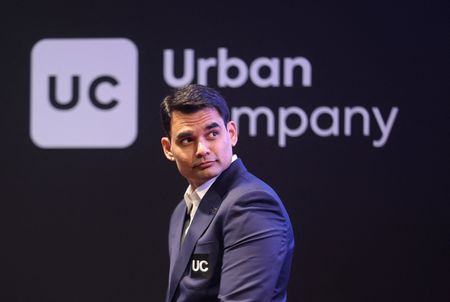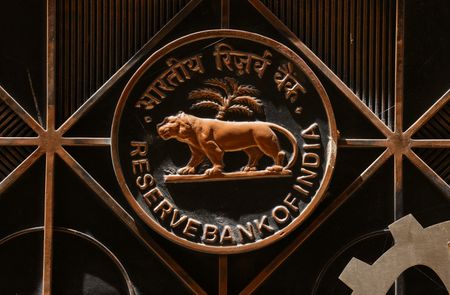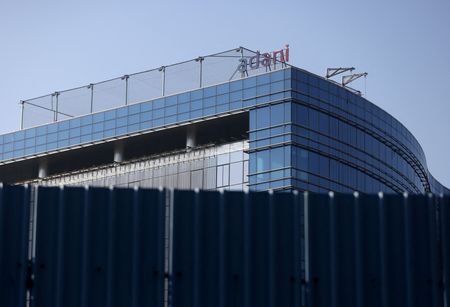By Haripriya Suresh
BENGALURU (Reuters) -Urban Company, India’s largest home-services provider, will double down on offering services within an hour, in a bid to attract more clients who are used to instant deliveries of everything from groceries to gadgets, its top boss said.
The company, which made a stellar trading debut on Wednesday after launching India’s most sought-after IPO of the year, has traditionally allowed customers to schedule services, from facials to faucet repairs, for a later time.
Its new emphasis on rapid service delivery complements this model, reflecting the rising popularity of quick commerce across India.
The company recently launched its “Insta Help” service, allowing users to book domestic workers within 15 minutes.
“Given the frequency and relevance to the average Indian middle-class household, instant services are a category that will become very important. It could create a strong strategic moat (sustainable competitive advantage) around our core business and a strong engagement driver,” CEO Abhiraj Singh Bhal told Reuters.
As of June 30, Urban Company had 7.02 million annual transacting customers, according to its offer document.
The company plans to make “meaningful” investments over the next two to three years to build a dense network of service professionals in its core markets, enabling it to offer instant services. This strategy could put pressure on profit margins, Bhal said, without providing specific details.
“I think it’s going to take some labour along with some capital to really build the business before it breaks even,” he said, noting that instant services help customers get assistance faster and benefit service professionals who have time between scheduled gigs.
Urban Company faces competition in the on-demand home services space from emerging startups such as General Catalyst-backed Pronto and Lightspeed-backed Snabbit. These rivals promise trained personnel for tasks like dishwashing, laundry and cleaning in as little as 10 minutes.
“Once they figure out the economics (of instant services), this can actually become the next big thing,” Elara Capital analyst Karan Taurani said.
The market potential for such rapid services may be limited, and managing logistics could prove challenging, especially if service professionals are unable to take on additional requests, said Ashish Dhir, senior director of consumer and retail at market intelligence firm 1Lattice. These factors, he added, could hinder the growth of this vertical.
“For the logistics to work, for the economics to work, it’s not easy, and the operations are not easy. For a big player such as Urban Company, in a way, it can work out in certain phases such as during festive seasons,” Dhir said.
Urban Company’s online on-demand services market is projected to grow at a compound annual growth rate of 22.4% from 2023 to 2030, according to Grand View Research.
(Reporting by Haripriya Suresh; Editing by Dhanya Skariachan and Sherry Jacob-Phillips)












